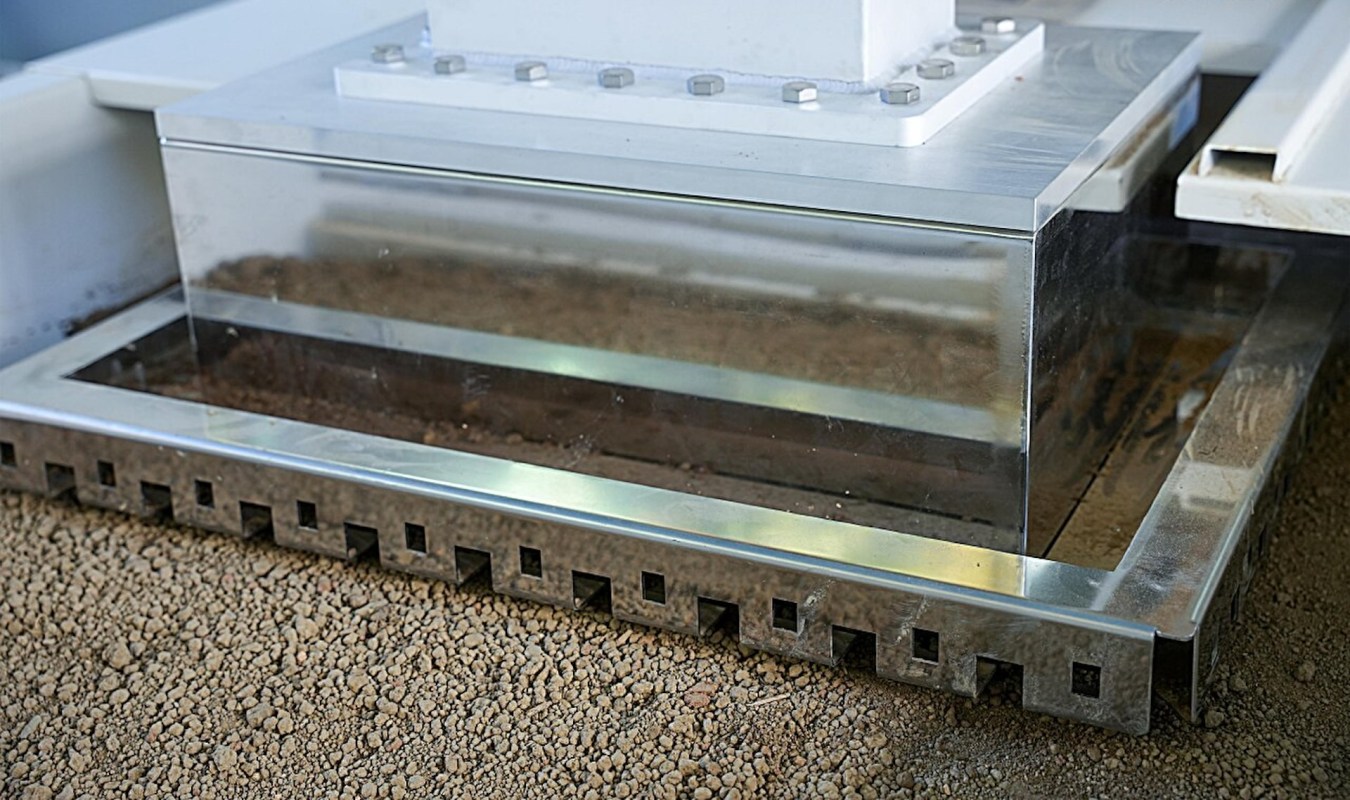Researchers in Korea have developed "a breakthrough technology" to eradicate pests without using pesticides.
The radiator invention will help protect farms from soil disease and eliminate the side effects that come with the use of the dangerous chemicals, which can harm agricultural ecosystems, lead to pesticide resistance, and leave behind toxic residues, Phys.org reported.
Previous research showed microwave heating for soil remediation penetrated only 10 centimeters into the ground, so its success was limited to applications such as weed control.
Dr. Sunshin Jung and a team at the Korea Electrotechnology Research Institute maximized the penetration of microwaves by adjusting their spatial distribution and "increasing or decreasing the wavelength and phase as desired," per Phys.org. The breakthrough was preceded by "years of research on the properties of microwaves."
The proprietary antenna produces microwaves that can surpass a depth of 30 cm by increasing their amplitude, which determines the power of the waves, when they "meet and overlap at a specific point underground." The antenna can heat moisture in the soil from 60 to 100 degrees Celsius, resulting in a long-lasting, effective treatment.
"We took advantage of the wave nature of microwaves, directing them to superimpose, not spread, and heat the soil underground," Jung said. "This technology helps to kill pests residing underground after harvest without the use of pesticides, their side effects and environmental pollution, and will contribute a lot to agricultural productivity and farmers' income."
In addition to Jung and Co., South Korea's Animal and Plant Quarantine Agency and Jooeun Care Farm Co., Ltd., had a hand in the development. An employee of the former requested the research, and the latter, a pest control equipment company, will manufacture the item.
Farmers will be able to rent the equipment "at affordable prices," according to Phys.org, thanks to local government and public institution partnerships. It could be especially helpful in reducing "a major concern" of monoculture farmers, as soil diseases caused by pests — namely bacteria, fungi, and nematodes — reduce crop yield and quality.
This and other breakthroughs, including a similar soil steaming tech, could help clean up the agriculture and food industries and make them more sustainable, reducing the need for pollution-causing pesticides — which are "catastrophic" for public health — and helping to ensure food security.
The radiator technology could also be applied to solve other problems, including eradicating invasive species such as termites and red fire ants, cleaning oil-contaminated soil, and melting black ice on roads, Phys.org reported.
Join our free newsletter for weekly updates on the coolest innovations improving our lives and saving our planet.









